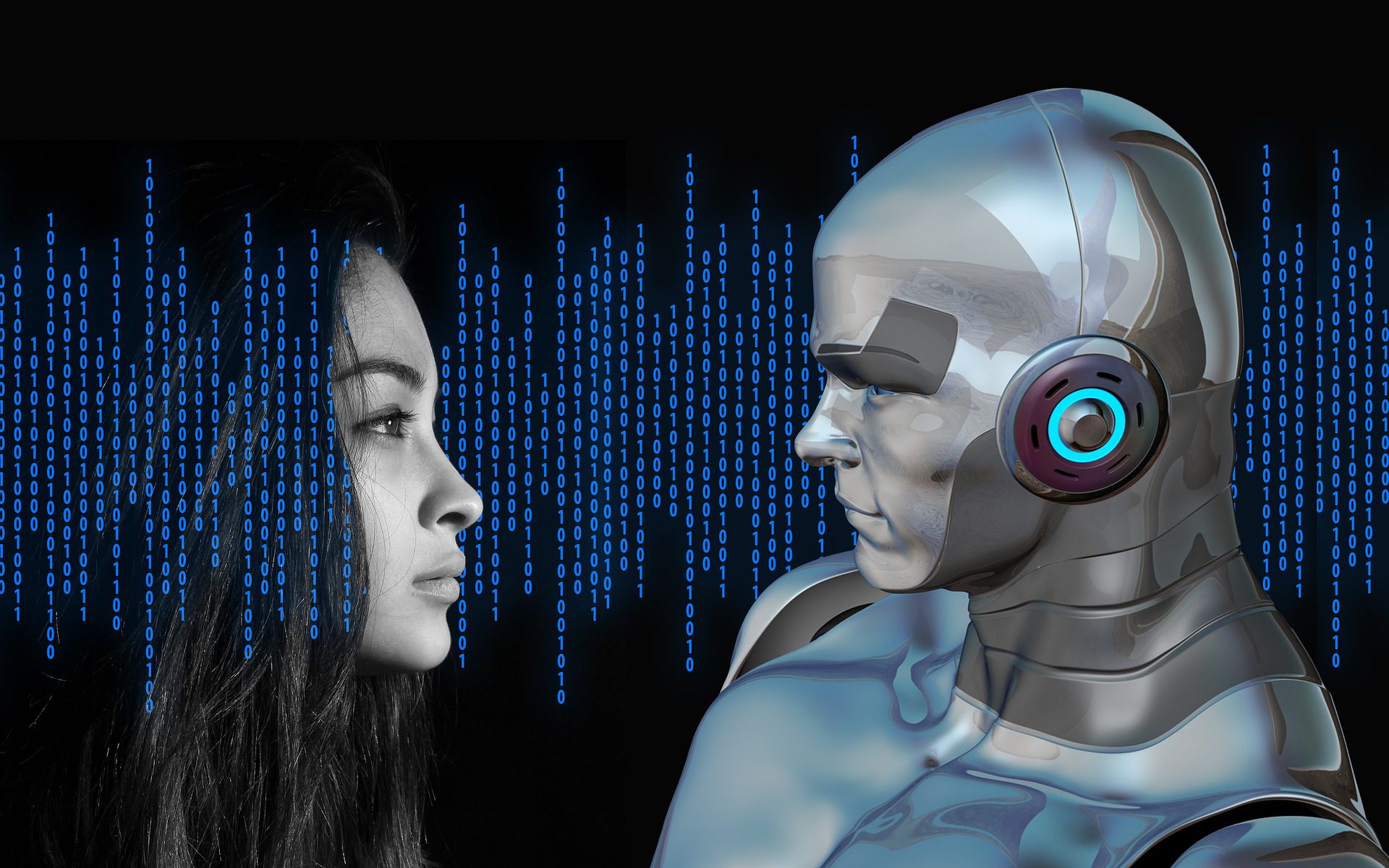One does not need to search very far to find dozens of articles and books about the expected impact of AI on the workforce (or just about anything else) during the coming 20 years. Interestingly enough there are also points of view that predict the creation of jobs through AI. This particular piece from SupplyChainDigest is one of those points of view. While examples of the opposite begin the posting, the use of AI in and around the supply chain becomes the subject, along with the need for new skillsets.
‘In the supply chain at least, broad use of AI “does not mean human workers will become obsolete”.…..In support of that position, the autors cite a new book by Paul Daugherty and H. James Wilson they says debunks the widespread misconception that AI systems will replace humans in one industry after another…”While AI will be deployed to manage certain tasks, including higher-level decision making, the technology’s true power is in augmenting human capabilities – and that holds true in the supply chain,”…’
The piece goes on to point out that a new set of job categories will be required that allow for combined use of human and machine learning power for better supply chain planning.
‘These new-age planners, in fact, will lead the charge in “moving away from a traditional supply chain operating model, which is inflexible and slow, to a new dynamic model with true end-to-end segmentation. That means planning multiple supply chains that meet the needs of specific customer micro-segments as well as managing business relationships and exceptions,” Hanifan and Timmermans write.’‘
The piece does end on a sober note about the changes ahead, need to adapt skills to take advantage of tech gains for better business outcomes, but also the reality of cost savings to be expected through AI.
Overview by Steve Murphy, Director, Commercial and Enterprise Payments Advisory Service at Mercator Advisory Group









